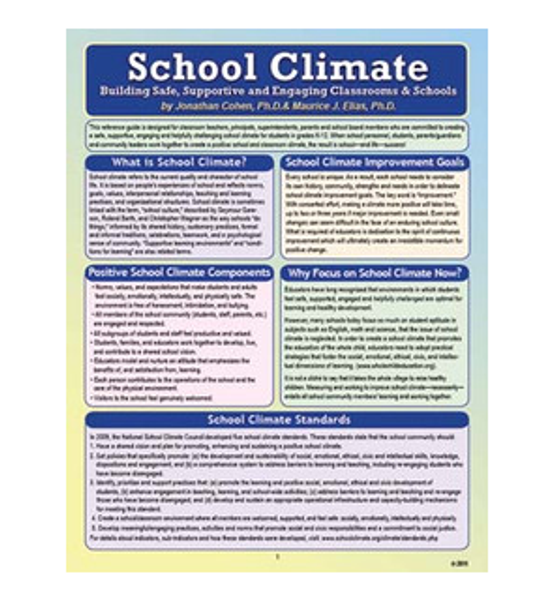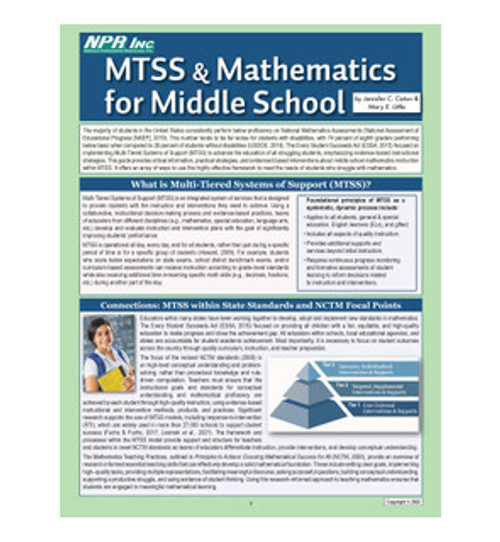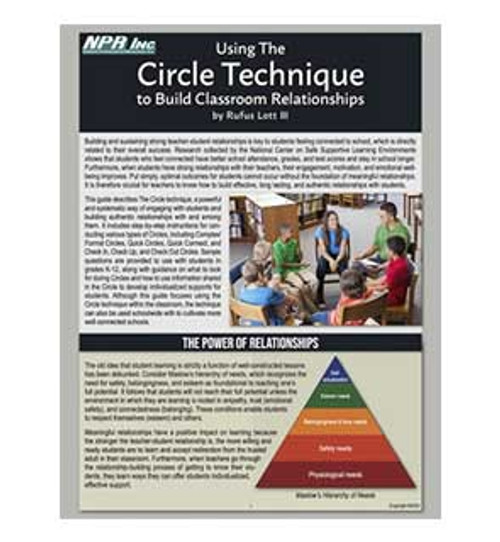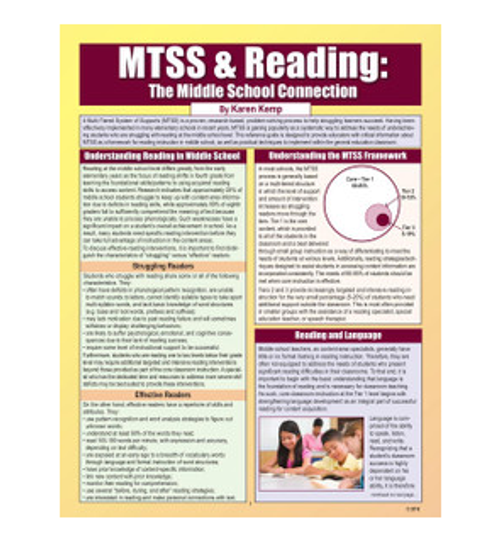Product Overview
Research shows that students learn better in an environment in which they feel safe physically, intellectually and emotionally. In this six-page laminated guide, Jonathan Cohen, PhD and Maurice Elias, PhD outline the components (norms, values, expectations) and standards of school climate, explain why it is so important to educate the whole child, present a detailed plan for improving school climate, and offer dozens of practical tips and strategies for improving school climate and overcoming common challenges.
This concise guide is a remarkably comprehensive resource for teachers and school administrators that provides practical strategies that foster the social, emotional, ethical, civic, and intellectual dimensions of learning. The guide is written by two of the top experts in the field of social emotional learning and character development (SECD). Dr. Jonathan Cohen is a professor at Teachers College and the co-founder and president of the National School Climate Center (NSCC). D. Maurice Elias is the director of the Social-Emotional Learning Lab at Rutgers university, which focuses on understanding the relationship of academic achievement, social-emotion competencies, and the development of character and a core set of life principles, and the development of school-based interventions to strengthen social-emotion skills, character, and prevent bullying, violence and victimization, substance abuse, and related problem behaviors.
Features of the guide include:
- A step-by-step walkthrough of a 5-stage School Climate Improvement Process
- A checklist of evidence-based strategies for improving classroom climate
- Specific strategies to address each of the three most frequent and influential sources of school improvement: bully-victim-bystander behavior, relationships/connectedness, student engagement
- Tips for sustaining school climate improvement efforts
- A listing of additional online, print, and media tools and resources







